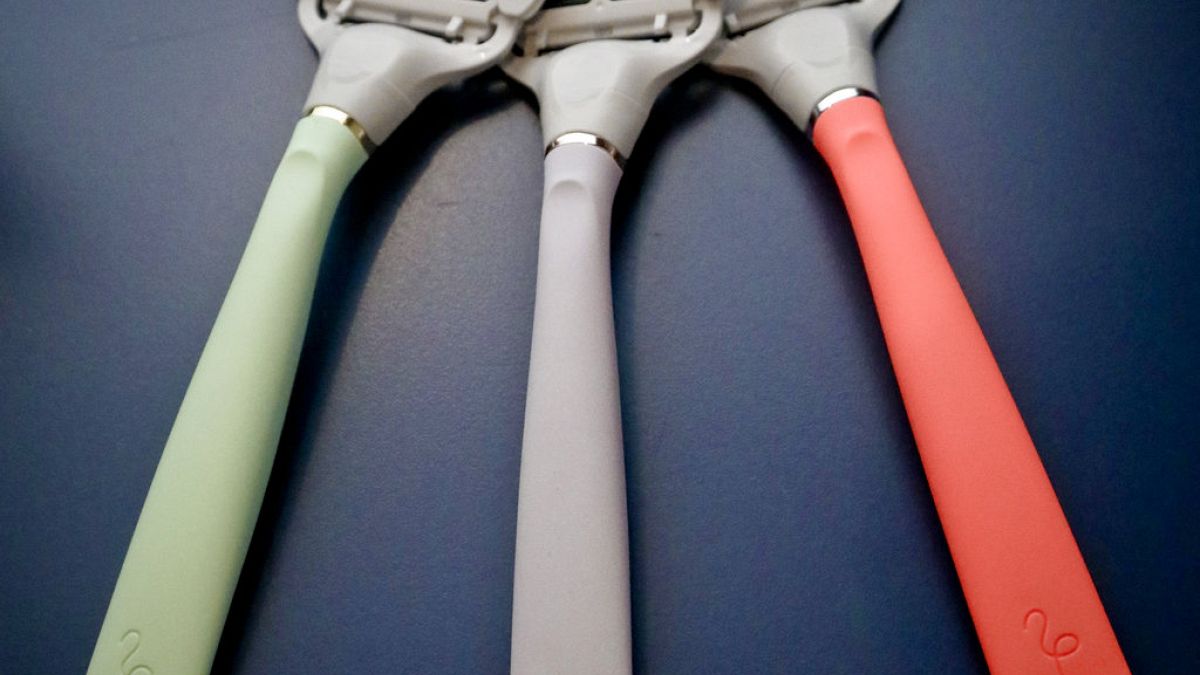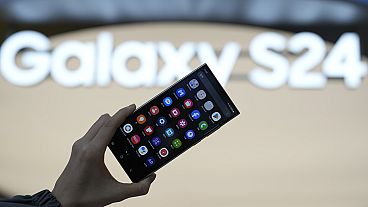The "pink tax" is a little-known phenomenon that occurs on certain sale items which can have a surprisingly frustrating effect on consumers.
The "pink tax" is not a legal tax, but rather a surcharge or markup on products traditionally marketed towards women, while typically the male version of the same products are less expensive. This can be seen in personal care items such as shampoos, razors, deodorants and more, as well as clothing, shoes and toys, amongst others.
Services such as haircuts, car repairs and maintenance, dry cleaning are also affected. Although the pink tax has been spoken about ever since the 1990s, if not earlier, it was taken more seriously in 2015, following the Department of Consumer Affairs in New York City spotting several examples of gendered pricing across about 794 products.
This is in addition to women also having to face the "tampon tax" on several menstrual health products which, although necessities, are classified as luxury products in many countries.
Impact of pink tax on financial health
The pink tax can have a costly effect on women's purses.
Although the cost difference between male and female versions of certain individual products may be minor, these can add up significantly for people who use using a variety of female products. This can have especially dire consequences nowadays, with several countries still seeing soaring cost of living due to sticky-high inflation.
Increased interest rates have also contributed to rising mortgage and other debt costs, pushing necessities that are taxed as luxuries to being on the verge of unaffordable for several people. That can make the pink tax seem especially unfair and aggravating, as well as needless.
Anything that exacerbates financial worries is likely to have an impact on mental health.
A 2022 Bankrate survey revealed that money is one of the most common and serious reasons for stress for a number of US respondents. Some 52% of people surveyed admitted that money worries worsened their mental health. Among those, 82% of people said that they experienced anxiety, loss of sleep, stress, worrisome thoughts and depression due to this.
Inflation and the cost of living crisis was an important concern for 68% of respondents, whereas the lack of a steady job or income plagued 29% of people. Some 31% of survey respondents said that they were most worried about soaring interest rates.
Another way the pink tax can be detrimental to mental health is by amplifying feelings of isolation, frustration and anger amongst people who use products marketed towards females. This can feel like another discriminatory move magnifying issues surrounding gender, wages and how financial burdens impact men and women differently.
This especially impacts single mothers, who, on top of seeing sales taxes on menstrual products also have to face a pink tax on baby items such as nappies.
Efforts to move towards more gender-neutral pricing
The US has tried to introduce a federal bill called the Pink Tax Repeal Act several times, most recently, in 2021. However, as of 2023, it has still not been happened. Congress.gov describes this bill as: "To prohibit the pricing of consumer products and services that are substantially similar if such products or services are priced differently based on the gender of the individuals for whose use the products are intended or marketed or for whom the services are performed or offered."
At a state level, California has had more success, proposing the AB 1287 "Eliminating the Pink Tax" bill, put forward by District 16 assembly member, Rebecca Bauher-Kahan. This bill says: "In order to price products differently, a business would have to prove there was substantial difference in the time or cost of production.
"If the business was found to have assigned a price based solely on the gender of the intended consumer, the business would be fined increasing amounts for each violation.
"Eliminating the Pink Tax eliminates one more barrier to gender equality. Compounded by the gender pay gap, arbitrary price differences are unjust and harmful. Women should be able to exercise their buying power without the fear of gender-based discrimination."
Companies such as Boxed, an online wholesaler, have also made decisive moves regarding this. Following the identification of all the personal care products that were the victims of the pink tax, Boxed has slashed prices to ensure equality in pricing between men's and women's versions of products.
Not only that, but this company has also introduced an inflation adjustment, in order to combat the tampon tax, which impacts a range of menstrual items.
Nitasha Mehta, director of marketing at Boxed said, as reported by Fast Company: "We looked at the products on our own platform and saw pretty significant cost variances for those pink tax items, and decided to discount them so that they were equal on a per unit or per ounce basis."
Other companies such as women's razor subscription service Billie have used the pink tax as the catalyst to create new companies entirely dedicated to women's products, which would be free of this kind of gender-based pricing discrimination.
Georgina Gooley, co-founder of Billie had this thought while browsing the shaving product section at her previous company. She said, as reported by Glamour: "I was looking at the shaving category, and wondering why a women's subscription service hadn't been created, and why women have been an afterthought in the category.
"Do women not shave? It didn't make sense I knew the pink tax existed, but when I discovered that razors and dry cleaners were the worst offenders, I knew I had to do something. That's when I decided to build a woman's company to address specifically how women shave."
Other companies such as pharmaceutical giant CVS have also made moves to abolish the pink tax on their own products.



